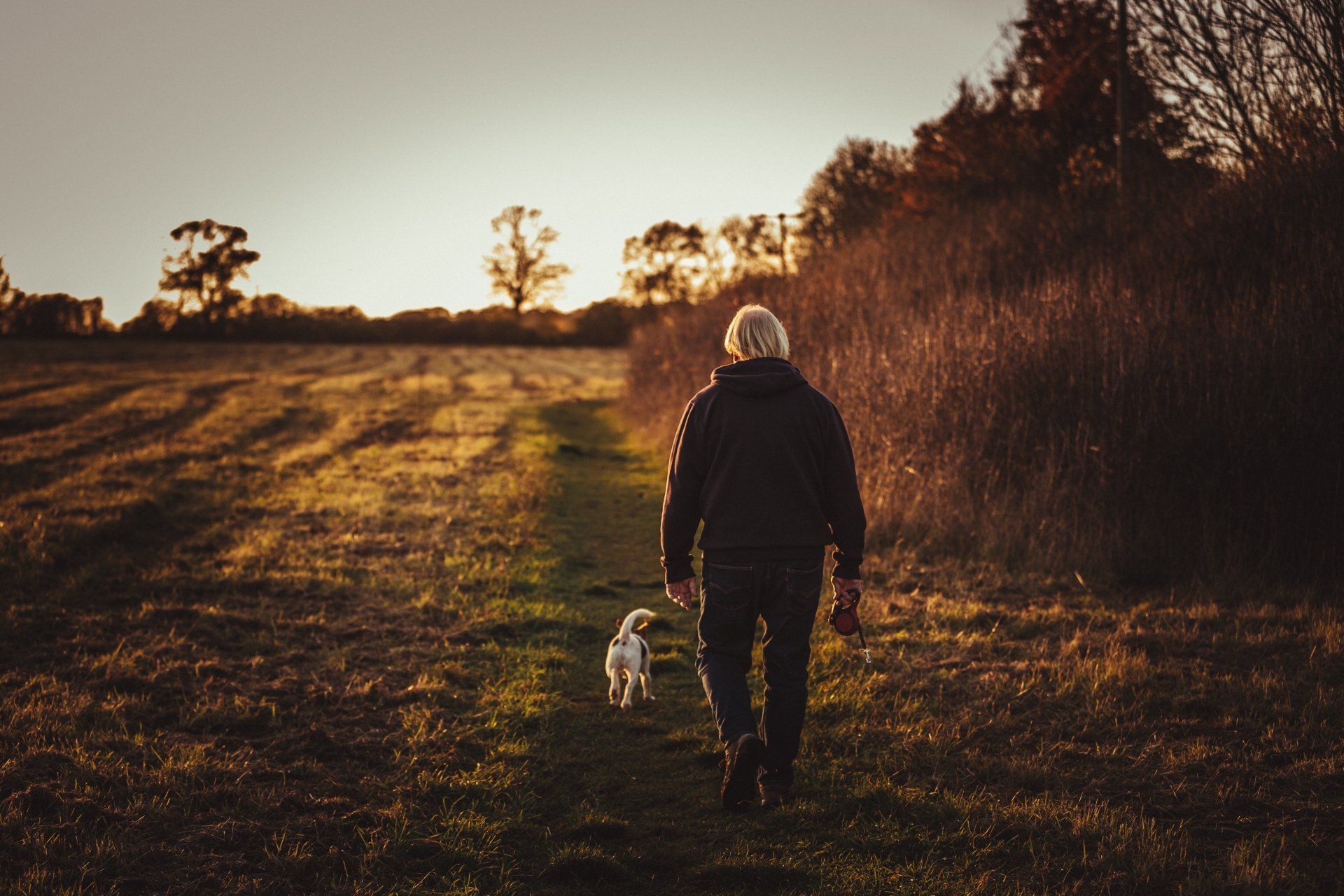6 things to remember when having a BBQ
June 13, 2023
It's BBQ season!
For many of us, BBQ’s are a quintessential part of enjoying the warm Summer weather with friends and family.
Before you light the coals and grab the tongs, we want to help you avoid any health issues that might put a dampener on your BBQ experience.
So, we've highlighted a few risks to watch out for, and listed some helpful tips for safe grilling this summer.
Barbecue food risks
Barbecue-cooked foods can put you at risk of:
Foodborne illnesses
Improper handling, storage, or cooking of food on a BBQ can lead to the growth of harmful bacteria, such as Salmonella, E. coli, or Campylobacter.
These bacteria can cause symptoms such as:
- nausea
- vomiting
- diarrhoea
- abdominal pain
In severe cases, urgent medical treatment may be required.
Undercooked meat
Insufficient cooking of meat, particularly poultry, pork, and minced meats, can leave harmful bacteria present in the meat.
Eating undercooked meat increases the risk of foodborne illnesses, so it is important to ensure that meat is cooked thoroughly to kill any bacteria.
Cross-contamination
This can occur when raw meat or its juices come into contact with ready-to-eat foods, and most usually happens if utensils, cutting boards, or plates used for raw meat are also used for cooked food without proper cleaning.
Cross-contamination can lead to the transfer of bacteria and cause foodborne illnesses.
Carcinogenic compounds
High heat cooking methods like grilling, charring, or barbecuing can lead to the formation of potentially carcinogenic compounds, such as heterocyclic amines (HCAs) and polycyclic aromatic hydrocarbons (PAHs).
These compounds are formed when meat is cooked at high temperatures and can pose long-term health risks if consumed in large amounts.
What to remember when having a BBQ
To minimise the risks associated with eating food from a BBQ, here are some food safety guidelines you can follow:
1. Practice good hygiene
Wash your hands thoroughly, with soap and water, before and after handling food.
Clean and sanitise utensils, cutting boards and surfaces that come into contact with raw meat.
2. Separate foods
Keep raw meat, poultry, and seafood separate from other food items, to prevent cross-contamination.
Try storing different foods separately and use separate chopping boards and utensils during preparation.
3. Marinate safely
If you choose to marinate any food, do this in the fridge, not at room temperature.
Do not keep leftover marinade that has come into contact with raw meat, unless it is boiled first to kill any bacteria.
4. Use a clean grill
Ensure that your grill is clean before use to prevent any build-up of bacteria from previous use.
Cleaning your grill after each use can be helpful to remove any residue more easily.
5. Ensure food is cooked thoroughly
Use a food thermometer to ensure that meat, poultry, and seafood reach safe internal temperatures.
The recommended internal temperatures vary depending on the type of food, so refer to a reliable food safety source for specific guidelines.
6. Monitor temperatures
Keep hot foods hot (above 60°C) and cold foods cold (below 4°C) to prevent the growth of bacteria.
By following these food safety practices, you can minimise the risks and enjoy a safe and delicious BBQ experience.









